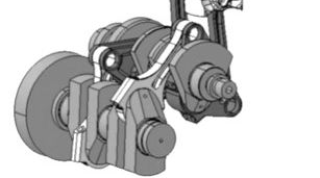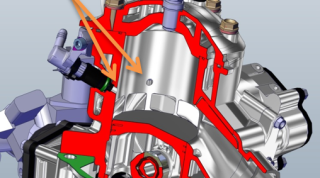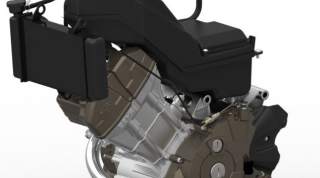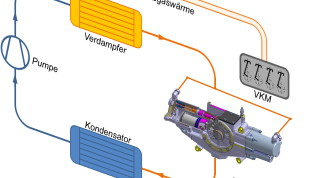Design
The research area Design (Special drives and energy converters) conducts research and development of engines, engine-gear units and exhaust aftertreatment systems for small-volume and high-performance internal combustion engines. The focus is on special applications such as two-wheelers, recreation vehicles, small utility vehicles and hand-held work and garden equipment. Both classical combustion engines as well as hybrid drive trains and electric drives are investigated. The tasks range from conception, design, layout and experimental development through to support during series production. In addition to the drives, thermodynamic and experimental investigations are also used to research and develop various concepts for energy converters, e.g. for waste heat utilization. Another focus is the application of alternative, COs neutral fuels.
In cooperation with industry and cooperation partners, the consistent application of concurrent engineering significantly shortens research and development times and improves the quality of results. The development of measurement methods and software significantly support this process.
F+E
From the idea to series production; this is the motto of the R&D activities of the research area. In the particular field of special drives such as two-wheeler vehicles, recreation vehicles, work equipment and energy converters, the department's field of work includes the following activities:
-
Theoretical basic research and studies
-
Concepts and developments for vehicles and vehicle drives, in particular two-wheelers and recreation vehicles as well as energy converters
-
Design and assessment of hybrid and electric drives
-
Development of conventional and novel combustion processes including alternative and near CO2 neutral fuels
-
Simulation of energy conversion systems, combustion processes, flow processes and piston engines using flow simulations, finite element methods and multi-body dynamics
-
Design and layout of drive systems from experimental test vehicles to production vehicles in the two-wheeler range
-
Development and integration of electrical sensors and powertrain control systems
-
Experimental investigations and development on engine test benches, chassis dynamometers and on the road
-
Homologation: noise, exhaust, engine power, AMK
-
engine process calculation
-
Consulting
Consulting
We support our partners with consulting and expert knowledge in the areas of internal combustion engines, alternative powertrains, hybridization and two-wheeler technology. An excerpt from the variety of consulting topics:
-
Technical-scientific support in the field of cost engineering
-
3D CAD design
-
Hybridization of drives and auxiliaries
-
ECU functionality and ECU functions
-
Emission measurements for type tests and homologations according to legal guidelines on a modern, certified two-wheeler chassis dynamometer
-
Training courses on various topics
Methoden und Tools
Various methods and tools are used in research and development in the field of special drives and energy converters:
- On the one hand, we rely on theoretical principles from the fields of thermodynamics, fluid mechanics, piston engines and internal combustion engines as well as drive technology.
- On the other hand, simulation tools such as 3D CFD, finite elements and multi-body dynamic codes are used. In addition to commercial simulation tools, the department also develops its own longitudinal dynamics and thermodynamic simulation tools and uses in-house tools (engine process simulations, ...).
- For conception and design, we use 3D CAD systems like Catia © and ProEngineer © in different versions according to requirements and customer wishes.
Test Benches
|
The experimental equipment of the research area includes:
|
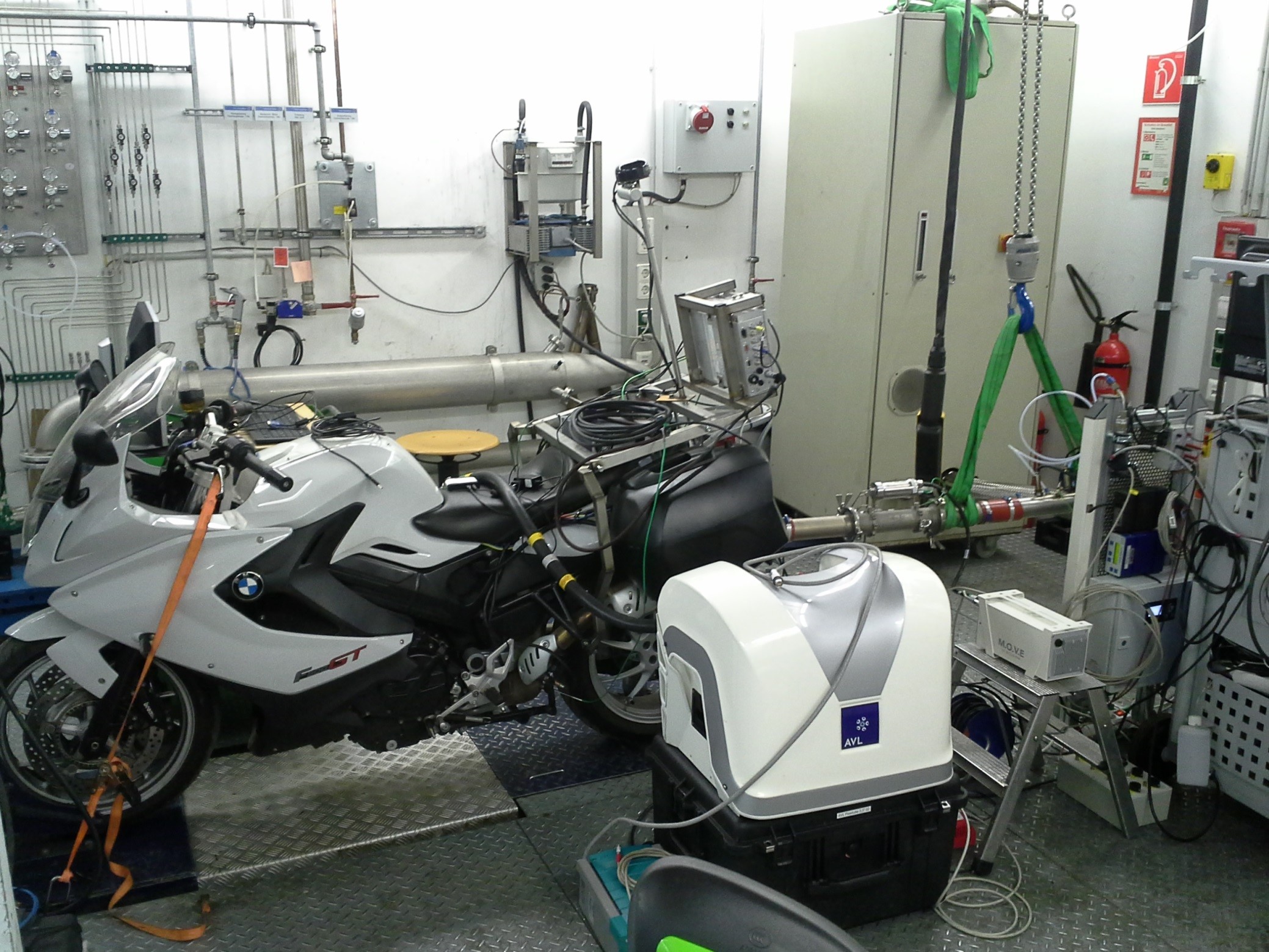 |
Simulation
We use 1D & 3D CFD software, finite element methods, multi-body systems and other codes from various manufacturers for simulated investigations. In addition to using all common software tools, we also develop special codes for specific simulation problems. This concerns among other things:
|
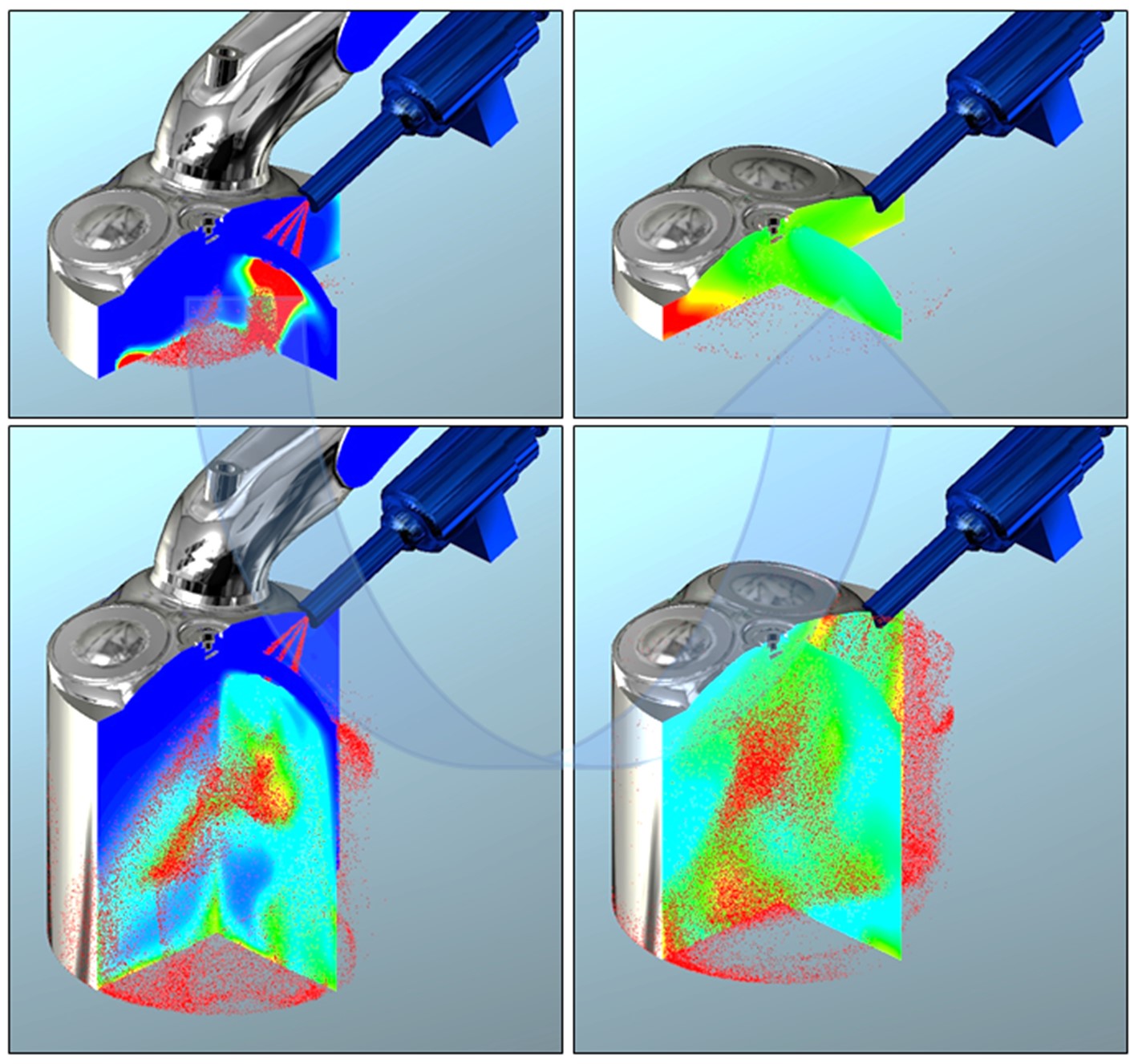 |
Konstruktion
|
For the design and layout process, we use interrelated methods from 3D CAD and simulation as well as PDM. The software systems for the design are among others:
|
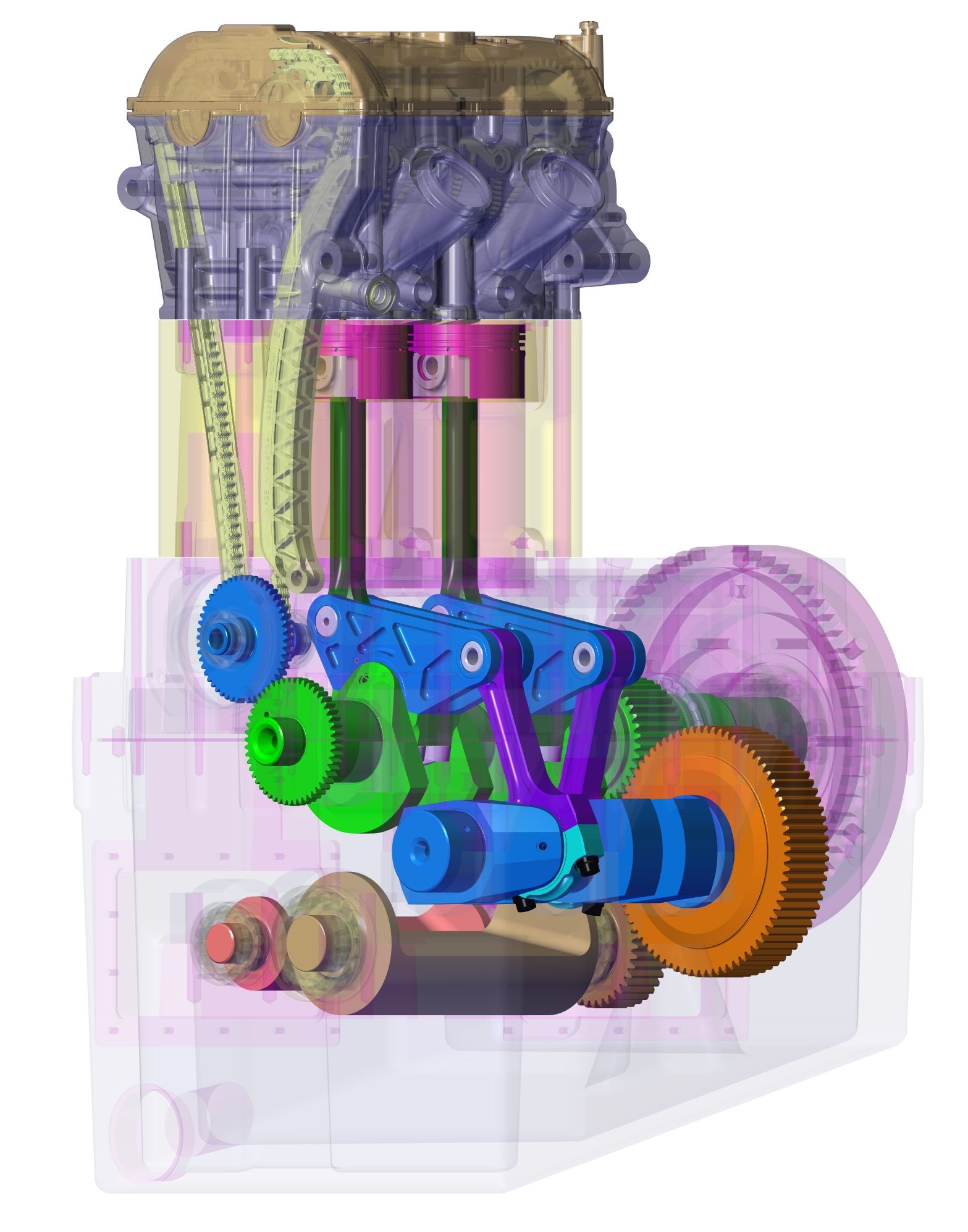 |
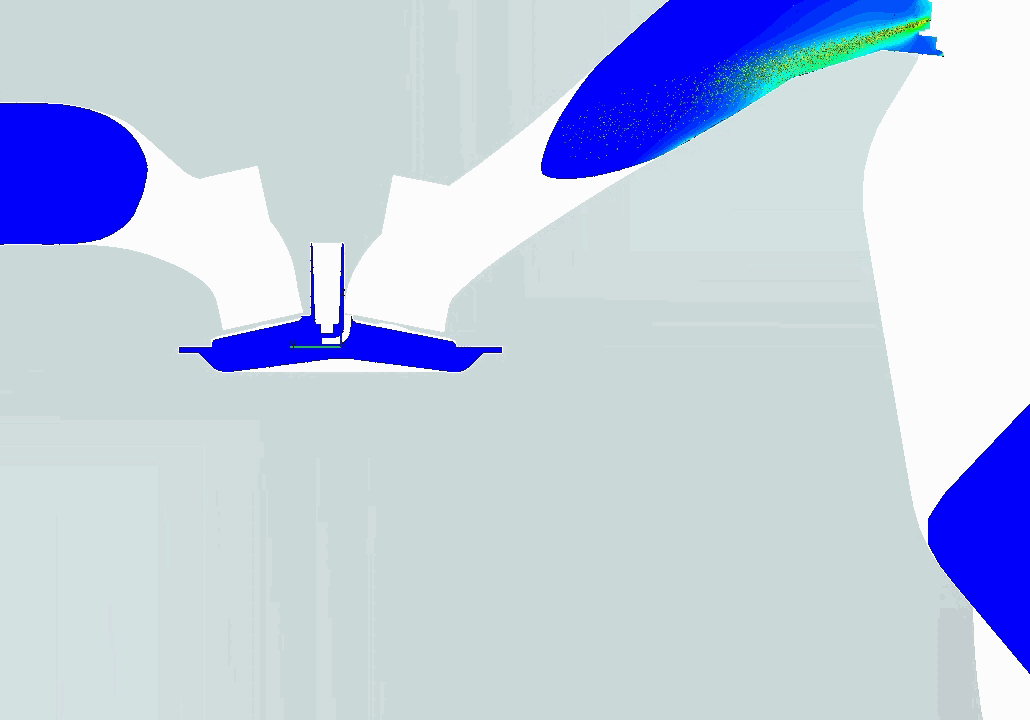 |
 |
